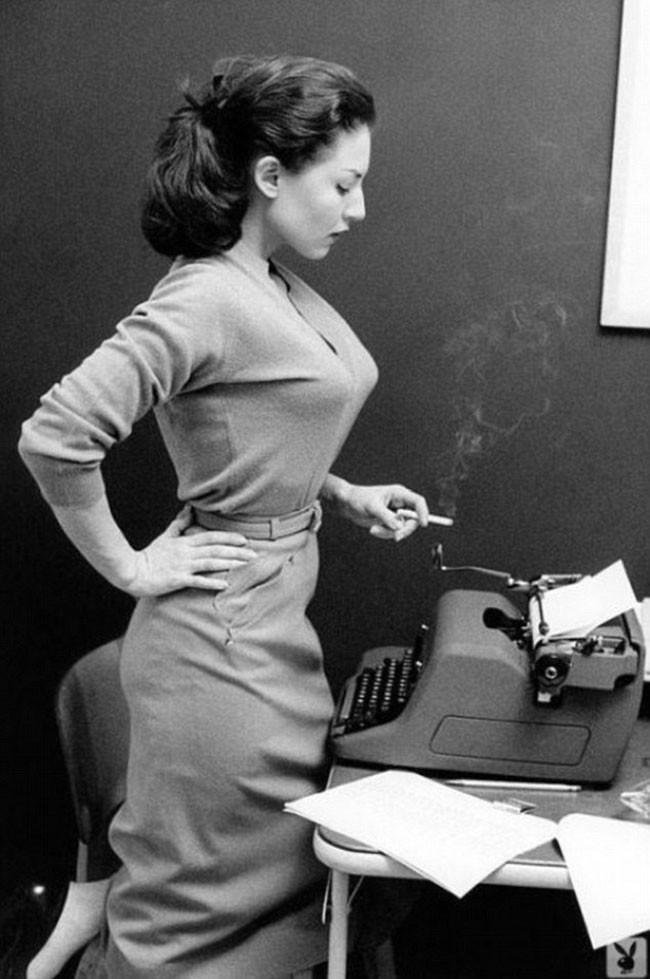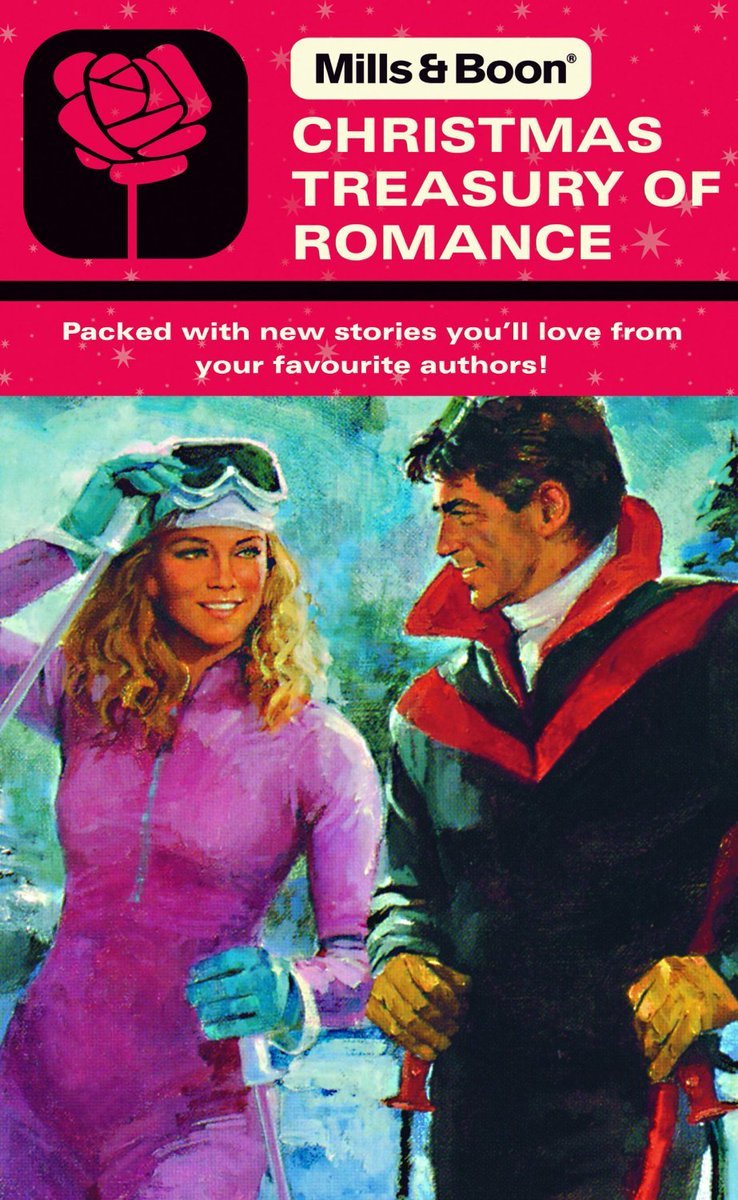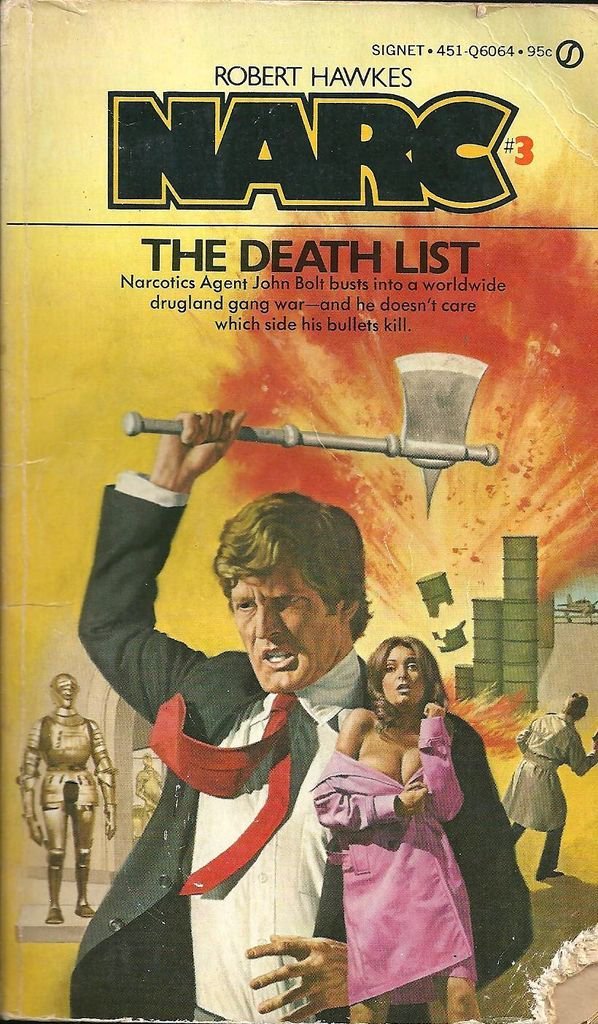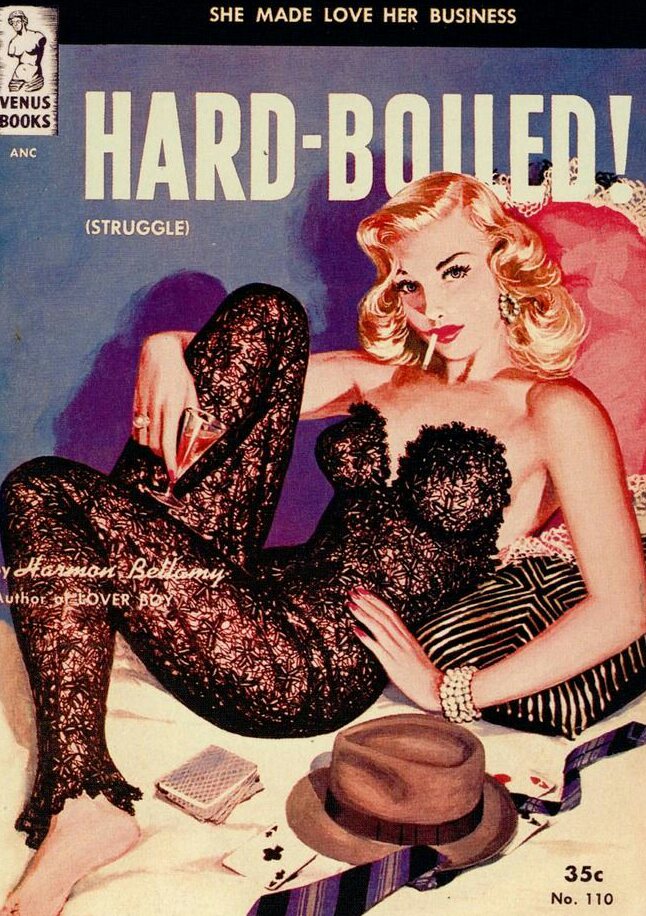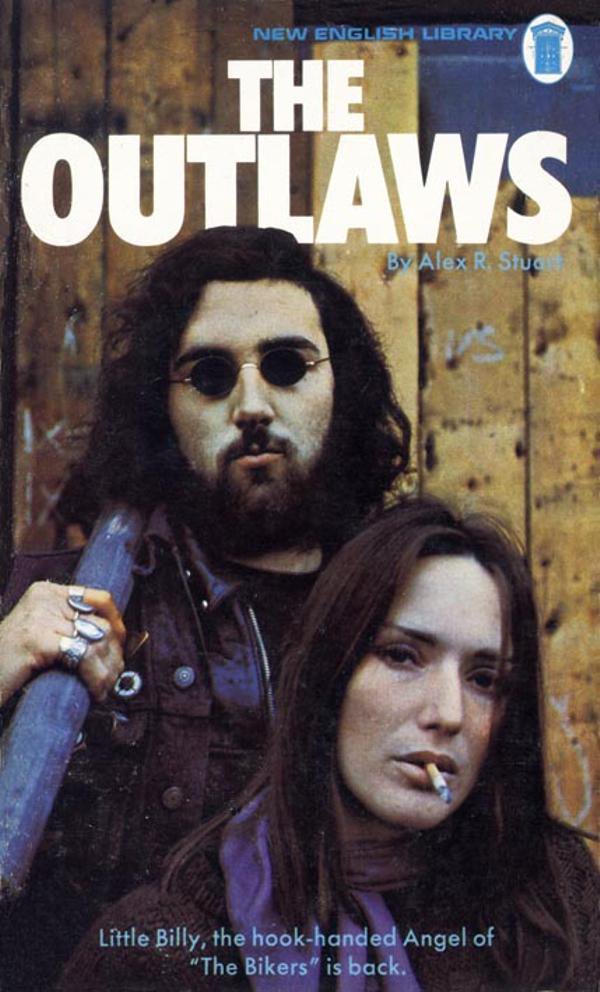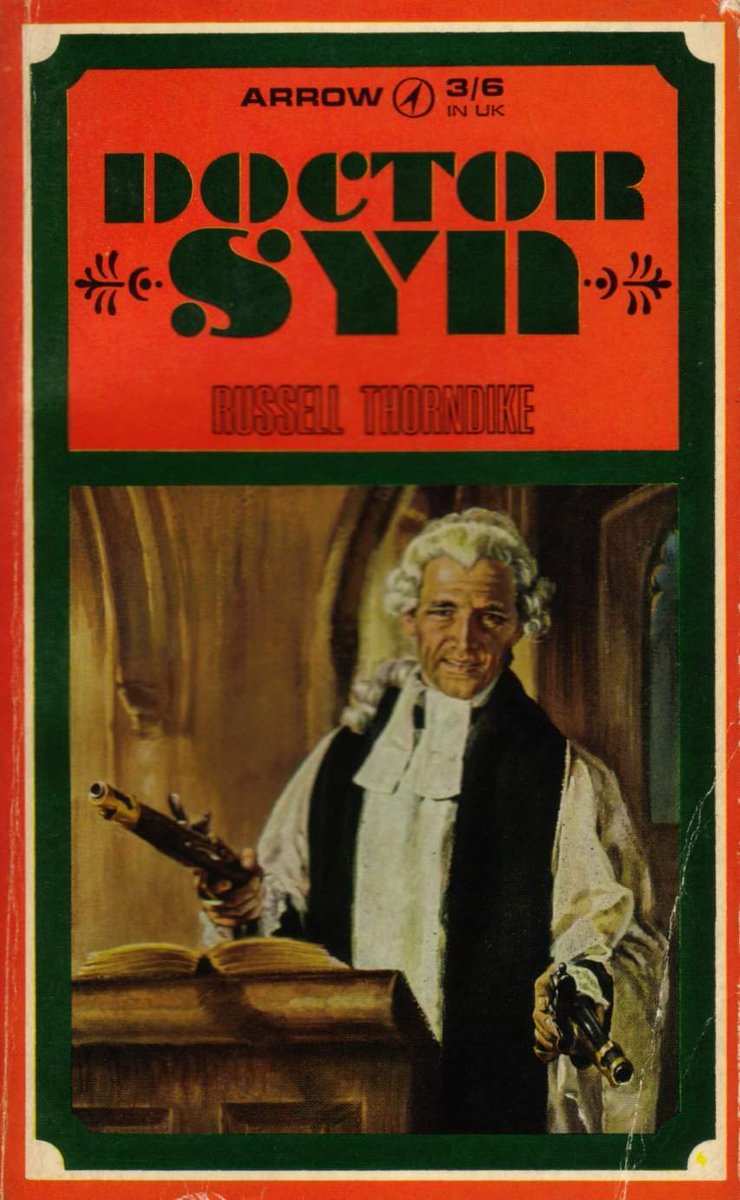Happy #NationalWritingDay everybody! Today I'm looking back at that essential item all writers need, love and occasionally bash their heads against: the typewriter!
What? You're still writing in longhand? Tsk...
What? You're still writing in longhand? Tsk...

All pulp authors love a typewriter! Here's Michael Avallone - "The fastest typewriter in the East" - on how to write well quickly... 




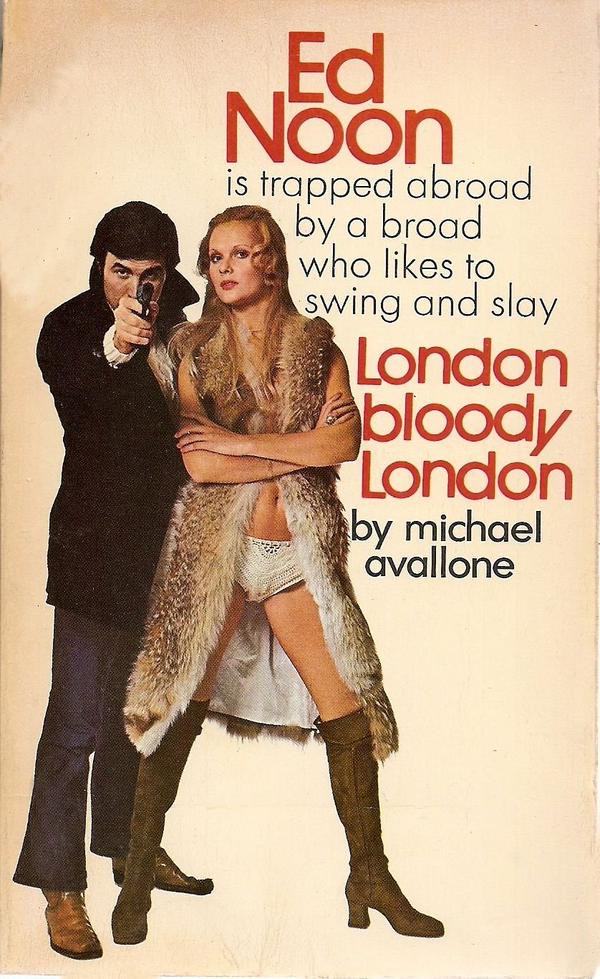


If you think you don't have time to write, remember this: Ray Bradbury began writing Farenheit 451 on a pay-by-the-hour rental typewriter in the UCLA library. 

At his peak pulpwriter Orrie Hitt could write a book every two weeks, bashing them out on a Remington Royal typewriter with a carton of smokes and a bottle of Bourbon for sustinance. 







Gruselroman legend Helmut Rellergerd (aka John Sinclair) is still writing stories on his old Olympia typewriter to this day - sometimes one a week! 



The first novel written on a word processor was Bomber, published by Len Deighton in 1970. Deighton had an 91kg leased IBM MT72 carefully winched into his London home through an upstairs window.
It'll never catch on you know...
It'll never catch on you know...
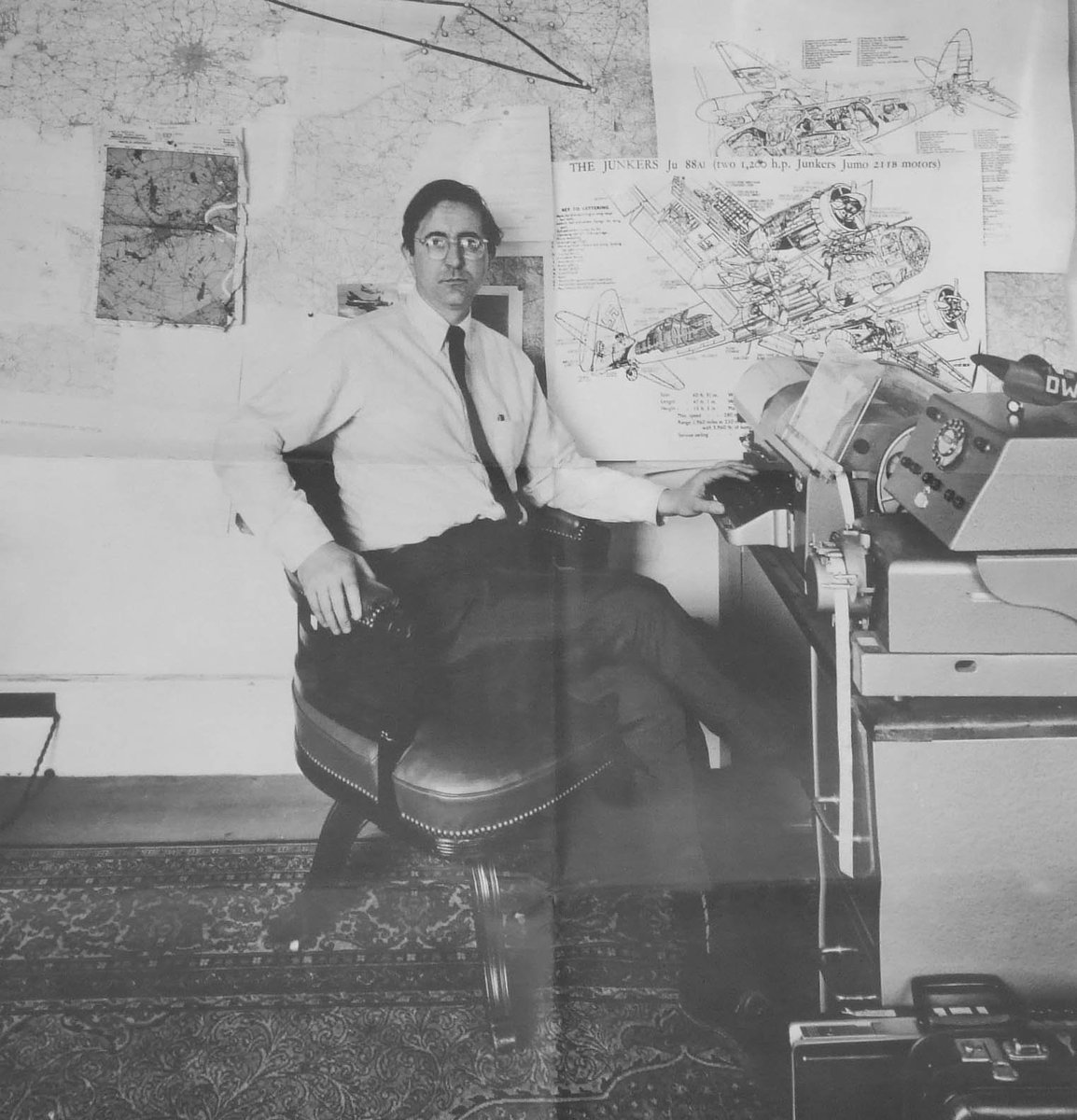
If you're not sure how to use a typewriter heres's a guide to the 1954 Olivetti Lettra 22.
Other typewriters are available...
Other typewriters are available...

And if you get bored writing... well you can always type a picture of Kojak'a head. Who loves ya baby!
Happy #NationalWritingDay everyone.
Happy #NationalWritingDay everyone.
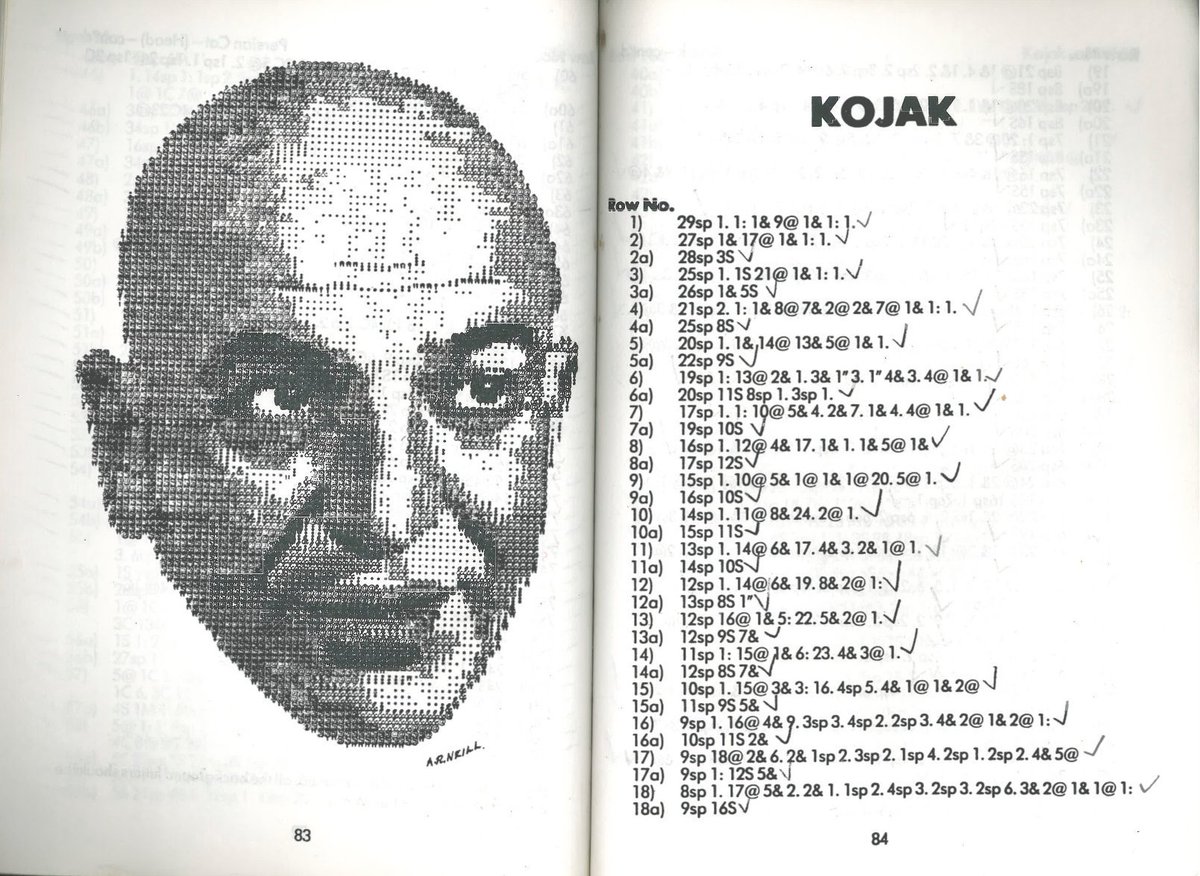
• • •
Missing some Tweet in this thread? You can try to
force a refresh



